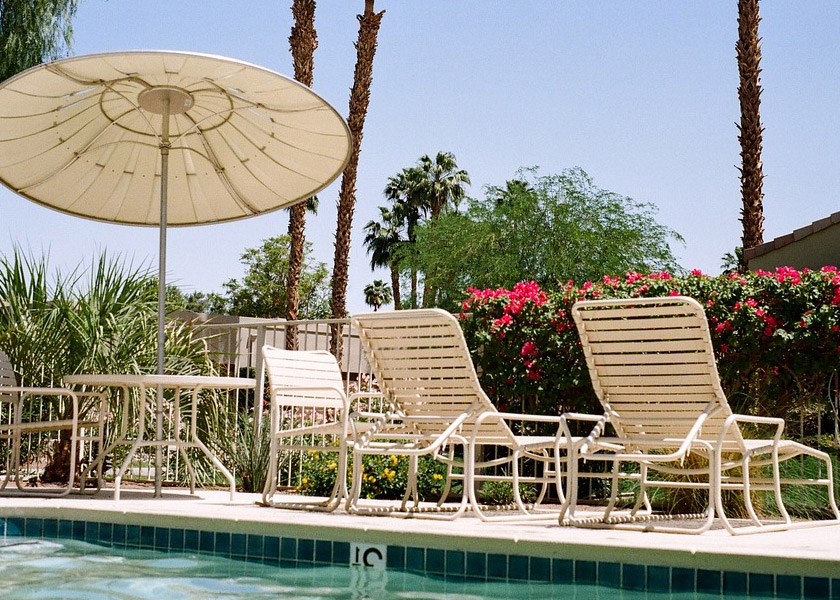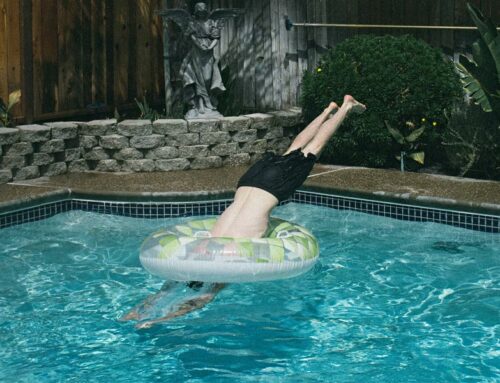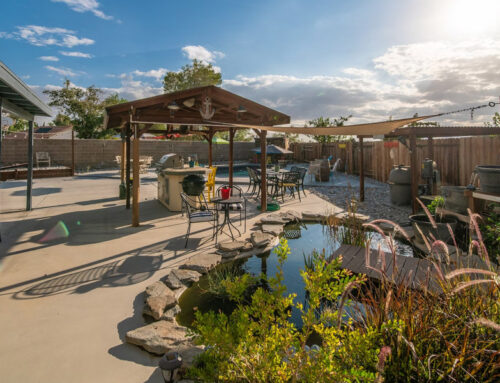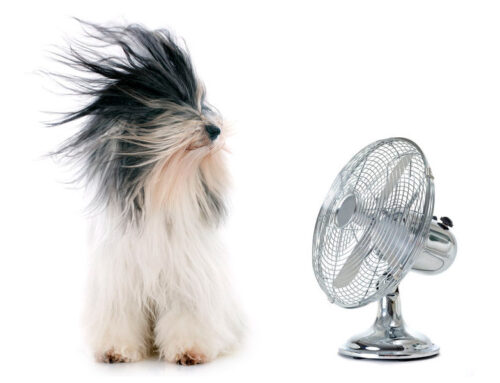The dream of having your own pool in your backyard can be a glamorous one. But there are significant drawbacks of having a pool, one that the architecture magazines and HGTV specials might not show you. The reality of having a pool is often one of stress and inconvenience. Here are the seven reasons you really don’t want to own a swimming pool.
1. High Costs
The number one reason that people typically don’t want to own a pool is just how much it costs. It can be thousands per year when you add it all up. You have to pay increased water bills, plus utilities for the pump and heater. Then there is the cost of testing strips and at least four kinds of chemicals. Something in the pool will end up needing maintenance or repair, costs which only increase in time. When you get to buy the fun stuff, like pool noodles and floating flamingos, you may already be over budget.
2. Constant Testing and Chemicals
Maintaining a pool takes time. You can cut costs by doing it yourself, but then you’ll end up testing and adding chemicals to the pool almost daily. Pools need the most maintenance when people are actively using them, but even when they are sitting empty, their chemical levels still need to be maintained, or they get gross.
3. Chemical Exposure
Pool chemicals are not always great for your health. Babies who are exposed to chlorinated water may develop asthma. It also seems that competitive swimmers develop asthma from chlorine exposure and may also lose tooth enamel, although research on this is ongoing. Overall, we’re not really certain about the health impacts of high exposure to pool chemicals.
4. Risk of Illness
Skimping on pool chemicals is not an option, and even if you do everything right, your pool can still make you sick. Some parasites and bacteria, like cryptosporidium, are resistant to chlorine. Once cryptosporidium is in a pool, it is very hard to remove. It can cause severe diarrhea, as can most of the bacterial infections you can get from your pool.
5. Safety Concerns
Drownings are still fairly common in the United States. Even though many areas mandate pools be fenced off, and there are new safety features like sturdy pool covers, 390 people die from swimming pool drownings per year. Most of these drownings are children, most of whom were missing for less than five minutes when they were found. Even if you keep your pool very secure and your children supervised, it makes sense you’d feel some stress having them near a pool.
6. Insurance Premiums
Most homeowners’ insurance policies do not cover pools. You need to add additional liability coverage for the pool, which can make your policy more expensive. Even if the worst happens and someone gets seriously injured near your pool, you can still be held liable, and insurance may not be enough.
7. Environmental Impact
Pools use water, add chemicals to nearby green spaces through evaporation and can contribute to erosion. Overall, they aren’t great for the environment.





